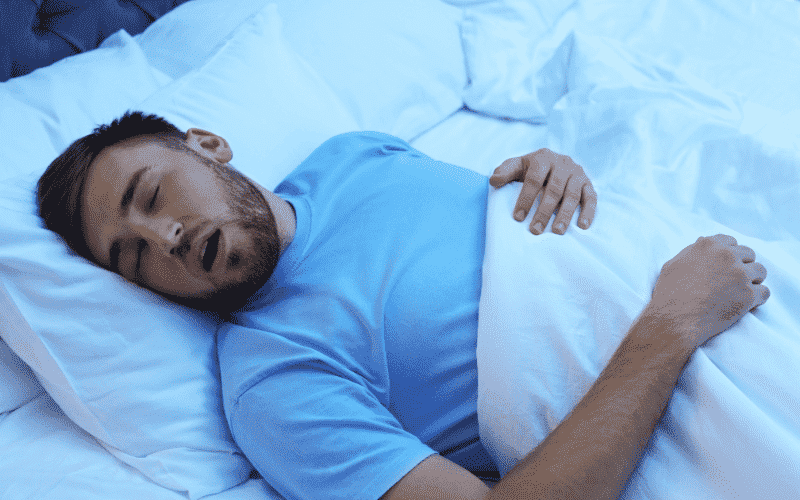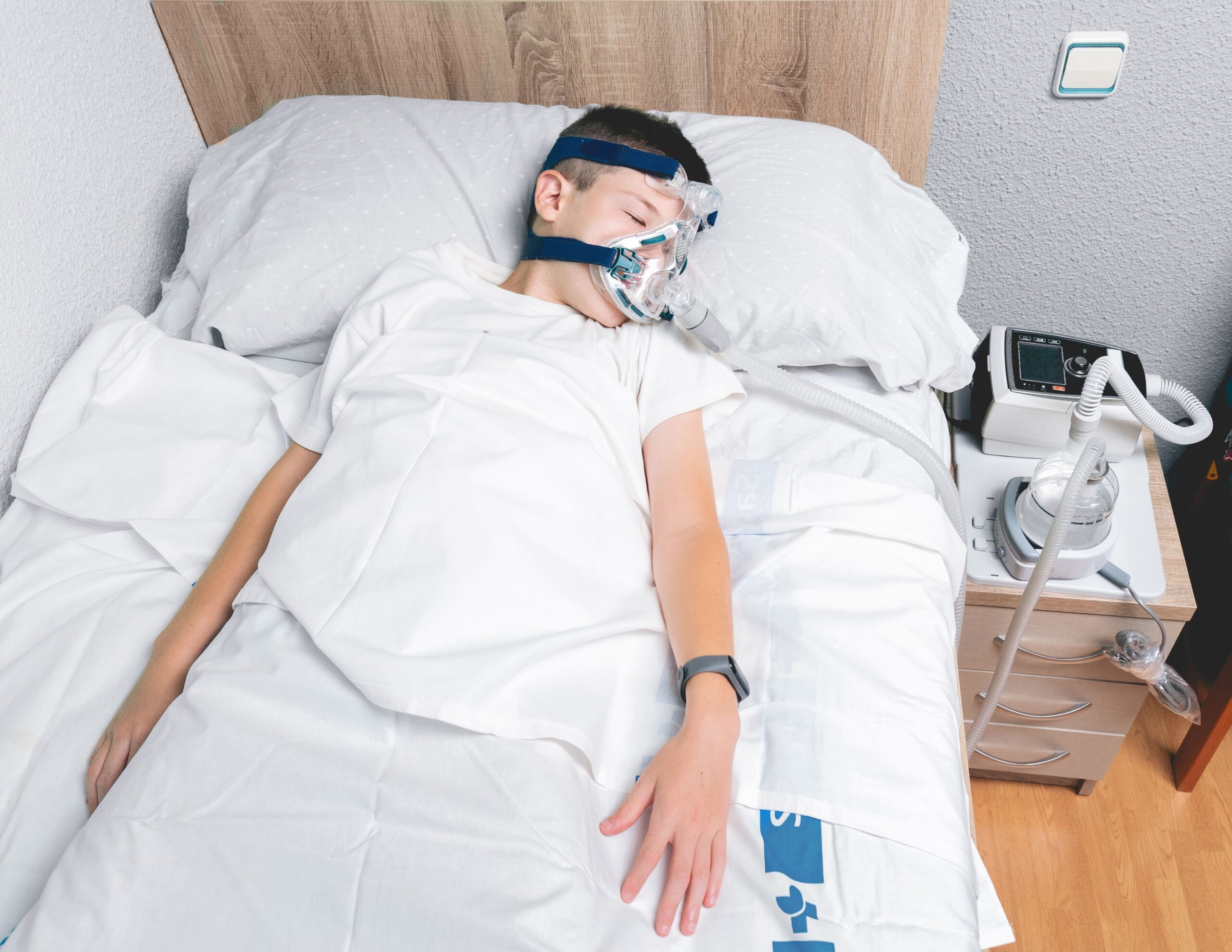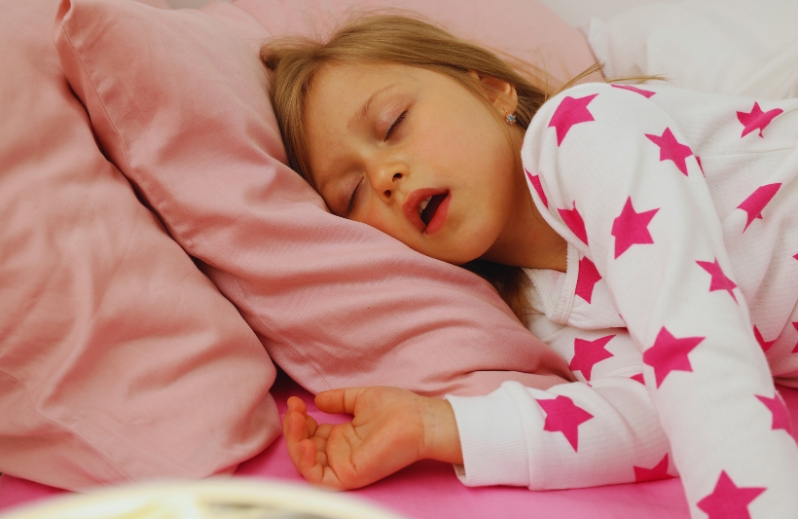509-315-9840
How Sleep Apnea Affects Your Health: Beyond Snoring

Snoring. It can be a source of frustration for bed partners and sometimes even a badge of honor for the snorer themself. But what if your snoring is a sign of something more serious? Sleep apnea, a condition marked by recurrent interruptions in breathing during sleep, often goes undiagnosed because its primary symptom – snoring – can be overlooked. However, the consequences of untreated sleep apnea extend far beyond a restless night’s sleep. Here’s a blog to delve deeper into the hidden health risks of sleep apnea and how it can impact your overall well-being.
Don’t Be Fooled by Snoring: The Dangers of Sleep Apnea
During an apnea event, your airway becomes blocked, resulting in brief periods where breathing stops. This drop in oxygen repeatedly wakes you up throughout the night, even if you’re not consciously aware of it. The fragmented sleep leaves you feeling exhausted during the day, but the real danger lies in the long-term health consequences. Here’s how sleep apnea can silently wreak havoc on your body:
- Cardiovascular Issues: The constant struggle to breathe during sleep puts a strain on your heart. It can lead to high BP, risk of heart attack and stroke, and irregular heartbeats.
- Metabolic Problems: Sleep apnea disrupts your body’s ability to regulate hormones like insulin. This leads to a high chance of developing type 2 diabetes and worsens existing cases.
- Cognitive Decline: Chronic sleep deprivation from sleep apnea can affect your memory, focus, concentration, and decision-making abilities.
- Mood Swings and Depression: The lack of quality sleep associated with sleep apnea can increase your risk of developing depression and anxiety.
- Headaches: Morning headaches frequently occur as a symptom of sleep apnea caused by the body’s response to low oxygen levels during sleep.
- Increased Risk of Accidents: Drowsiness related to sleep apnea can significantly impair your judgment and reaction time, putting you at a higher risk of accidents while driving or operating machinery.
Beyond The Noise: Symptoms of Sleep Apnea
While snoring is a frequent symptom of sleep apnea, everyone who snores doesn’t have the condition. Here are some additional symptoms to watch out for:
- Excessive daytime sleepiness
- Waking up gasping for air
- Witnessed breathing pauses during sleep
- Restless sleep
- Dry mouth or sore throat upon waking
- Difficulty concentrating
- Irritability
- Mood swings
Seeking Help & Treatment Options
If you suspect you might have sleep apnea, don’t hesitate to seek professional help. Talk to your doctor about your symptoms. They may recommend a sleep study, which requires spending a night at a sleep center to monitor your sleep patterns and breathing.
Treatment options for sleep apnea differ based on the severity of the condition. Here are some of the most common:
- CPAP (Continuous Positive Airway Pressure): A device that maintains a steady flow of air pressure through a mask worn while sleeping, keeping your airway open.
- Oral Appliance: A custom-made mouthpiece that helps keep your airway open during sleep.
- Lifestyle Changes: Weight loss, quitting smoking, and avoiding alcohol before bed can all improve sleep apnea symptoms.
- Surgery: In some cases, surgery may be necessary to remove or reshape tissues blocking the airway.
Ultimately, This is a serious medical condition, but it’s also treatable. By getting a proper diagnosis and adhering to your treatment plan for sleep apnea in Spokane Valley, you can significantly improve your sleep quality and minimize your risk of long-term health problems. Don’t ignore your snoring – take control of your health and get a good night’s sleep.
Trending FAQs on Sleep Apnea!
1. Is everyone who snores at risk for sleep apnea?
A. Snoring is a usual symptom of sleep apnea, but not every person who snores has the condition. However, if your snoring is loud, disrupts your sleep, or is accompanied by other symptoms like daytime sleepiness, you should consult a doctor to rule out sleep apnea.
2. Can losing weight help with sleep apnea?
A. Yes, weight loss can be a very impactful treatment for mild to moderate sleep apnea. Losing even a small amount of weight can significantly improve your airway and reduce the severity of your symptoms.
3. What are some natural remedies for sleep apnea?
A. While sleep apnea can’t be cured, certain lifestyle changes can help manage its symptoms including a healthy weight, avoiding alcohol and certain medications before bed, sleeping on your side, and elevating your head while sleeping.
4. Is sleep apnea a disability?
A. In some cases, Severe sleep apnea is considered a disability if it substantially impairs your performance in daily activities or maintains employment. It’s important to talk to your doctor and a disability specialist to determine eligibility for benefits or accommodations. The Social Security Administration (SSA) has specific criteria for disability benefits, and sleep apnea itself might not qualify. However, the complications arising from this, like chronic heart failure or severe cognitive issues, could meet the SSA’s listing for disability.
5. Can children get sleep apnea?
A. Yes, children can develop sleep apnea, although it’s less common than in adults. Symptoms in children can be different and include bedwetting, behavioral problems, and difficulty concentrating in school. If you suspect your child might have sleep apnea, consult a pediatrician for further evaluation.





